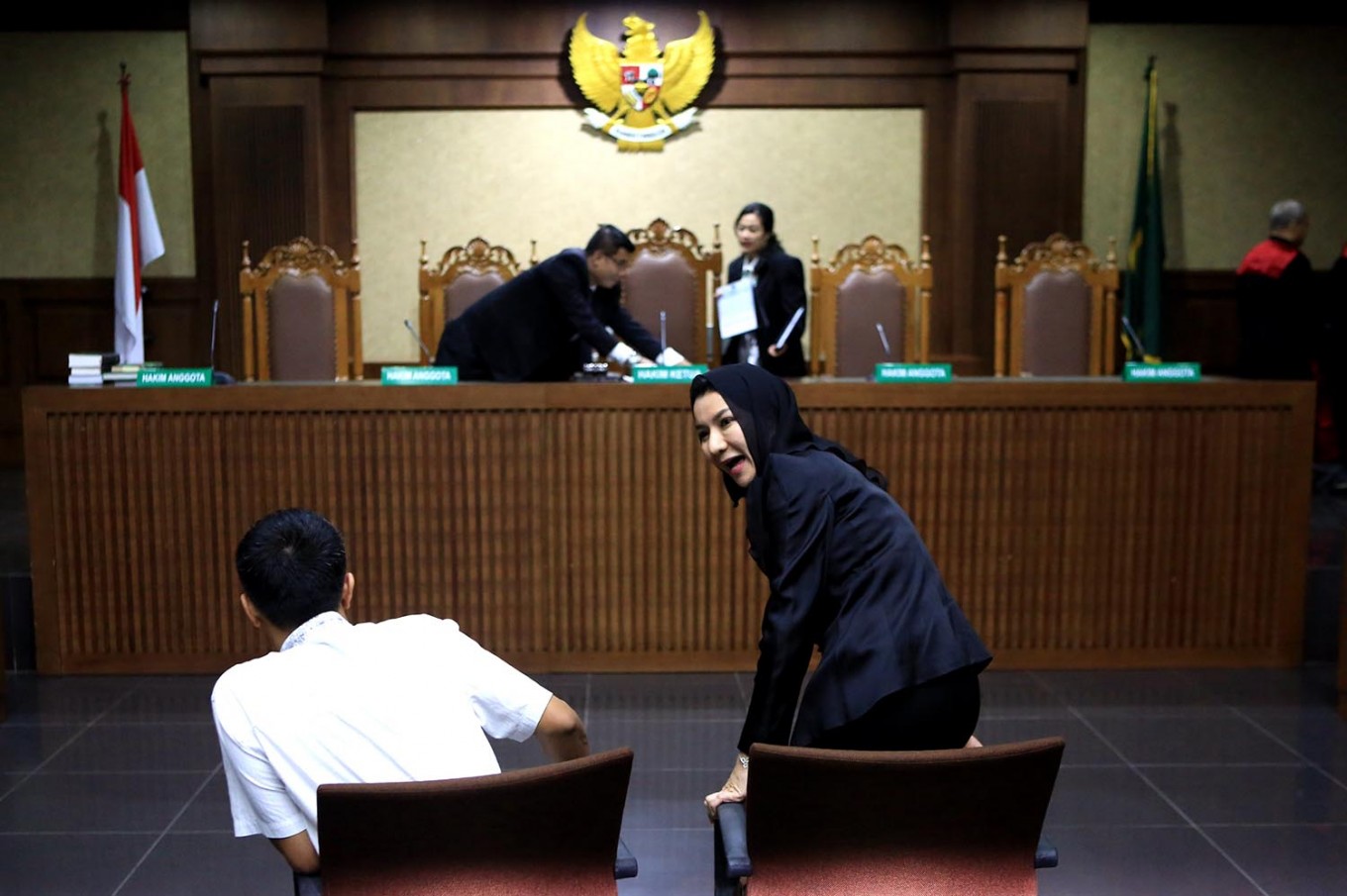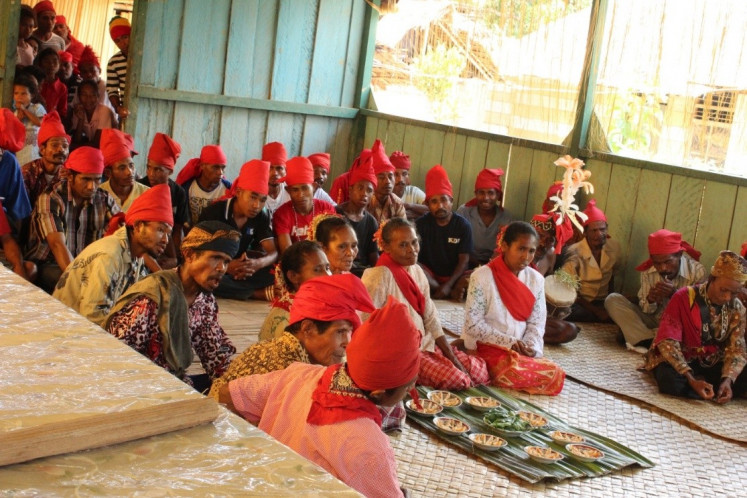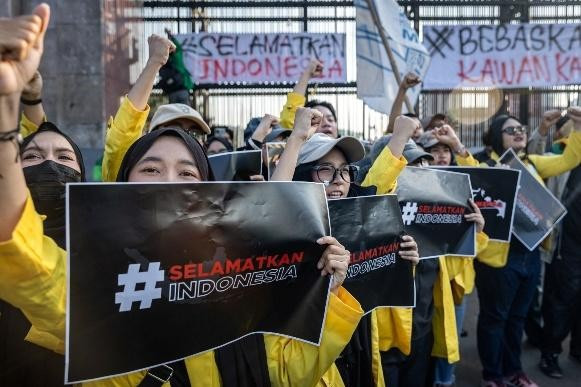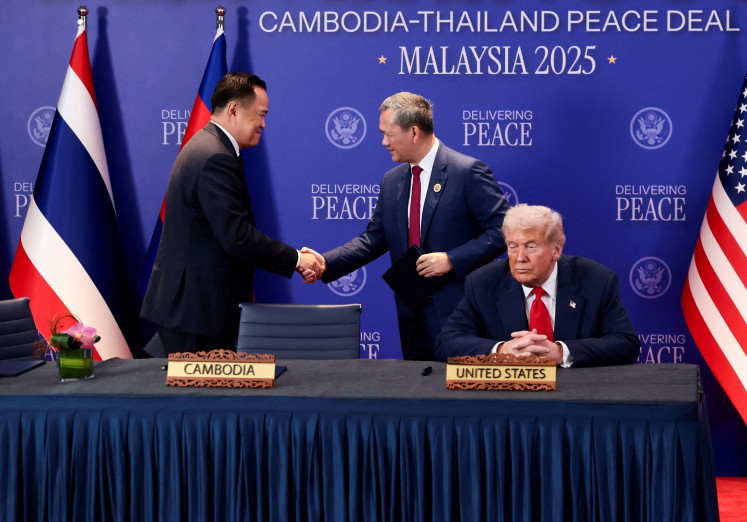Popular Reads
Top Results
Can't find what you're looking for?
View all search resultsPopular Reads
Top Results
Can't find what you're looking for?
View all search resultsThe natural resources graft
Corruption will continue if steps in the application and evaluation process are not clear and transparent, thereby opening doors for businesspeople to offer bribes and for licensing officials to solicit bribes to speed up the process.
Change text size
Gift Premium Articles
to Anyone
R
ampant corruption has been cited as one of the main reasons as to why the central government will again take over the licensing authority and management of natural resources as land, forest and minerals from regency and municipal administrations, as proposed in the omnibus bill on job creation.
The arguments for decentralizing some licensing authority along with the launching of regional autonomy in the early 2000s were centered on the premises that local decisionmakers are more familiar with the potential environmental, social and economic impacts. Their involvement with licensing would ensure that the potential benefits of a concession are worth the costs borne by citizens.
In practice, though, local licensing in weak institutional environments has led to overexploitation and environmental degradation, as officials either lacked the capacity to handle land management or sold excessive numbers of licenses in exchange for formal payments or bribes. No wonder, then, that most of the graft cases involving local administration leaders are related to natural-resource licensing.
Read also: Kutai Kartanegara regent sentenced to 10 years for graft
But how will the new policy solve the root problem when the awarding of business licenses and natural resource concessions has been notoriously prone to corruption even within the central government due to the weak rule of law and heavy dependence on the extractive industries.
Light is the best disinfectant against the corruption virus, according to corruption watchdogs and green campaigners. If the whole licensing and management system is not reformed with high standards of transparency in the concession-awarding process and the beneficial owners, the new natural resource policy will only centralize natural wealth corruption back in Jakarta.
Corruption will continue if steps in the application and evaluation process are not clear and transparent, thereby opening doors for businesspeople to offer bribes and for licensing officials to solicit bribes to speed up the process. The decisions of licensing staff should also be regulated by clear evaluation criteria to prevent discretion.
The government made the right move in 2010 by joining the Oslo-based Extractive Industries Transparency Initiative (EITI), a global multi-stakeholder association focusing on the promotion of transparency in the step-by-step awarding process of concessions and the comprehensive and effective disclosure of contracts and the truly beneficial owners of contracts.
But due to a lack of political commitment and inadequate participation by the industry in the enforcement of the EITI standards of transparency and accountability, Indonesia is still far from complying with most of the EITI transparency standards, which in many countries have been effective in minimizing malfeasance in the extractive industries.
Read also: Business groups say omnibus bill could boost worker productivity
Even the status of the EITI Indonesia Multi-stakeholder Group is now uncertain, as it is undergoing a transition after the transfer of its legal position last October from the Office of the Coordinating Economics Minister to the Office of the Coordinating Maritime Affairs and Investment Minister.
The government should see to it that the membership of the EITI multi-stakeholder group truly consists of competent representatives of government agencies, industries and civil society organizations to ensure its credibility and efficacy in managing and overseeing the natural resource sector.










